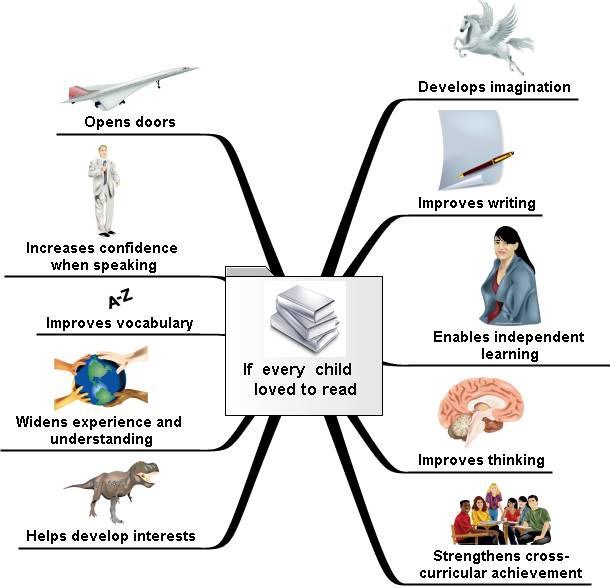
‘Proud to be PRIMET’
Reading

We pride ourselves on being a reading school and promote the idea that ‘regular reading reaps remarkable rewards’. There are a number of approaches that we take to support students’ reading habits and abilities and to ensure that they become skilled in this area. The different tabs in the top left menu of this section allow you to read about some of the key strands in our reading strategy.
Why is it important?
The DfE Reading Framework (2023) states clearly that ‘making sure [pupils] become engaged with reading from the beginning is one of the most important ways to make a difference for their life chances.’
Our approaches to reading are evidenced based using a range of EEF Guidance Reports and the more recently published, DfE Reading Framework. We focus on monitoring and tracking reading ages of students on entry so that we can carefully target intervention where needed; we use Accelerated Reader at Key Stage 3 to tracker the reading habits of our students and ensure they are continually challenged and we have shared reading with Form Tutors through Personal Development sessions throughout the week. In addition, teaching staff have been trained in specific reading approaches (Reciprocal Reading) which ensure students’ reading is supported in all subjects right across the curriculum.
What impact would it have on our students if all of them were motivated to read, read frequently and really enjoyed reading?
Reading benefits:

Communication: At Princeton Social Neuroscience Lab, psychologist Diana Tamir has demonstrated that people who read for pleasure frequently have better social cognition, improving their social competence.
Wellbeing: The National Literacy Trust found that children and young people 'who are the most engaged with literacy are three times more likely to have higher levels of mental wellbeing than children who are the least engaged’.
Vocabulary: Reading increases your vocabulary and the Oxford Language Report (2018) highlights how important vocabulary is, finding that: pupils with lower levels of vocabulary were less likely to find employment at the end of school, are more likely to have difficulty making friends, and to suffer from low self esteem.
Academic Success: The research by GL Assessment found a link between the importance of reading to the whole school curriculum. Even in Maths!
How can I support as a parent?
As parents, encouraging your child to read for 15-20 minutes every day could be a significant factor in their success.
“Children whose parents reported that they had read a book with their child at least a couple of times a week during their first year of primary school performed higher than children whose parents reported that they had never done this or had only done it once or twice a month.” (OECD: 2010 Programme for International Student Assessment study of 15 year old’s reading)
